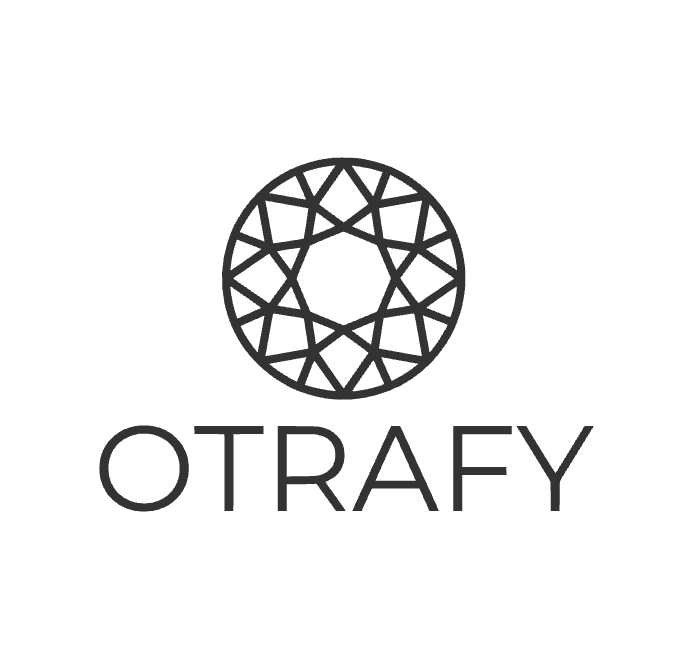
Hyphen
Hyphen is a technology firm dedicated to quantifying the true value of natural capital in real-time through building trust and accountability within carbon markets. It endeavors to make carbon markets a consistently viable and transparent financial instrument.
Hyphen’s operations feature an advanced atmospheric-based digital monitoring, reporting, and verification (aMRV) solution. This system features proprietary aMRV software that precisely quantifies greenhouse gas (GHG) flux data using on-site scientific instrumentation such as Eddy Covariance Towers.
The Hyphen platform ensures security through its incorporation of digital ledger technology (DLT) on the Hedera blockchain network. It leverages Hedera's immutable ledger to create secure, auditable records for GHG data and the entire MRV lifecycle. This is crucial for ensuring the verifiability of environmental data, enhancing the integrity of carbon credits, and addressing historical challenges of opacity in carbon accounting.
Hyphen’s offerings, including geospatial GHG data streams and Enterprise dMRV solutions, primarily target project developers and global carbon offsetters. By integrating its scientific MRV approach with Hedera’s capabilities, Hyphen aims to deliver verified climate intelligence and to foster a global financial system that effectively supports sustainable practices.
Project Information
Related Projects

Otrafy is a technology company developing a platform to streamline and automate supply chain management, with a strong focus on food safety and compliance. Its mission is to create a more transparent and efficient supply chain by providing a centralized system for managing documents, tracking products, and collaborating with suppliers.
The core of Otrafy's offering is its supplier management platform. This service provides a suite of tools that allow businesses to automate the collection and verification of supplier documents, ensuring that all suppliers meet the necessary compliance and quality standards. Key features of the platform include automated document requests, real-time tracking of supplier compliance, and a centralized repository for all supply chain data.
Otrafy uses the Hedera Consensus Service (HCS) to create an immutable and auditable record of all supply chain events, from the initial sourcing of raw materials to the final delivery of finished goods. This provides a "single source of truth" for all stakeholders in the supply chain, enhancing transparency and traceability.

LimeChain is a blockchain development and consulting company that provides end-to-end services for startups and enterprises seeking to build on Web3 technologies. LimeChain offers deep expertise across a wide range of protocols, delivering solutions that include custom dApp development, DeFi product engineering, smart contract creation and audits, and strategic blockchain consulting. It works with clients to navigate the complexities of the decentralized web, from initial proof-of-concept and architecture design to full-scale implementation and support.
The company has established itself as a key development partner within numerous blockchain ecosystems, including a significant and long-standing relationship with Hedera. LimeChain has been instrumental in building core functionalities and tools for the Hedera network. Their collaborative work includes leading the development of the Hedera Token Service (HTS) and creating an open-source demonstration of the Hedera Consensus Service (HCS) integrating with enterprise systems such as Microsoft Dynamics.
Furthermore, LimeChain was a key technical partner in developing Hashport, a pioneering interoperability solution that uses HCS to bridge assets between Hedera and other major networks.
.png)
Safe Health Systems is a digital health and connected diagnostics company. In collaboration with Mayo Clinic, Safe Health developed the SAFE platform. The company's mission is to empower individuals, private-sector organizations, and governments with technology that facilitates decentralized care models and improves patient outcomes on a large scale.
The company provides a comprehensive Connected Care Platform that enables the rapid deployment of specialized digital health applications. Key services include integrated at-home and point-of-care diagnostic testing, remote patient monitoring, and telehealth experiences. The platform is designed for interoperability, allowing it to connect with and integrate siloed health data from various systems, including Electronic Health Records (EHRs). Safe Health also developed HealthCheck, a smartphone and desktop app.
The company utilizes the Hedera Consensus Service (HCS) to create an immutable and verifiable log of patient information and unique health identifiers. This integration allows Safe Health to provide a high level of trust and data integrity for all stakeholders. By logging events and health records on the Hedera network, Safe Health can cryptographically prove the authenticity of data in real-time while preserving patient privacy, meeting regulatory compliance standards like HIPAA, and ensuring a secure foundation for its digital health solutions.

AID:Tech is a payments infrastructure firm that utilizes blockchain and digital identity technologies to improve the distribution of aid, social welfare, and other financial entitlements. Its core mission is to deliver these resources with enhanced transparency, efficiency, and accountability, ensuring they effectively reach their intended beneficiaries.
The company develops solutions focused on creating secure digital identities for recipients, which are then linked to the disbursement and tracking of aid or services. A key aspect of its technological approach is the integration of the Hedera network. AID:Tech leverages the Hedera Consensus Service (HCS) to create immutable and transparent audit trails for all transactions and the delivery of benefits.
AID:Tech’s goal is to minimize fraud and improve the overall integrity of distribution programs. Its platforms are aimed at governments, non-governmental organizations (NGOs), and international development agencies, providing them with tools to digitize processes, empower recipients, and gather reliable data on the impact of their initiatives.
